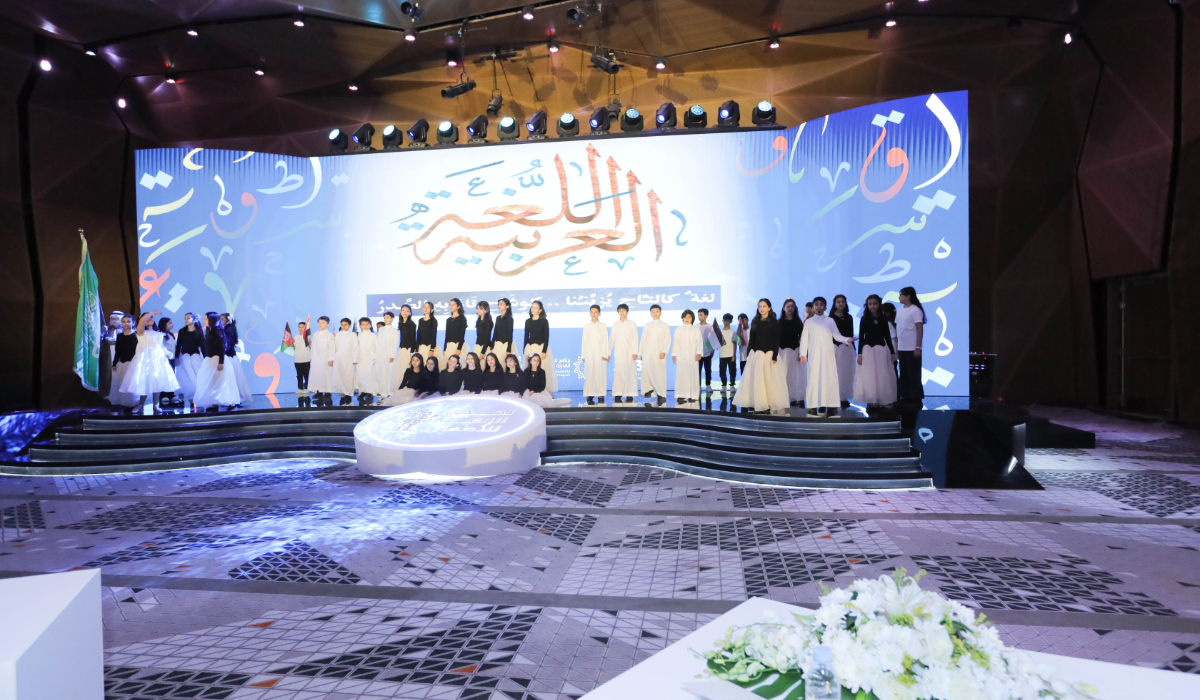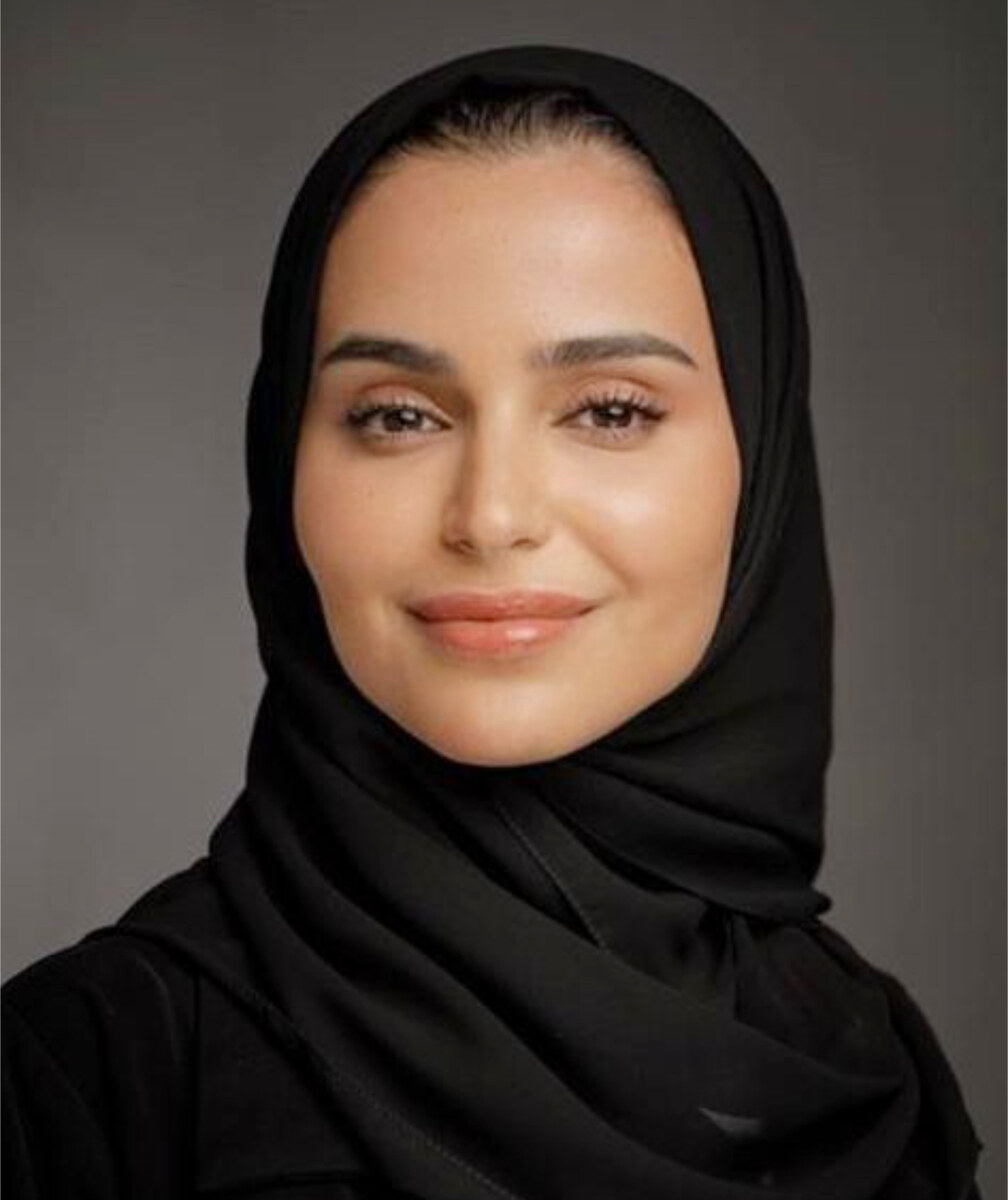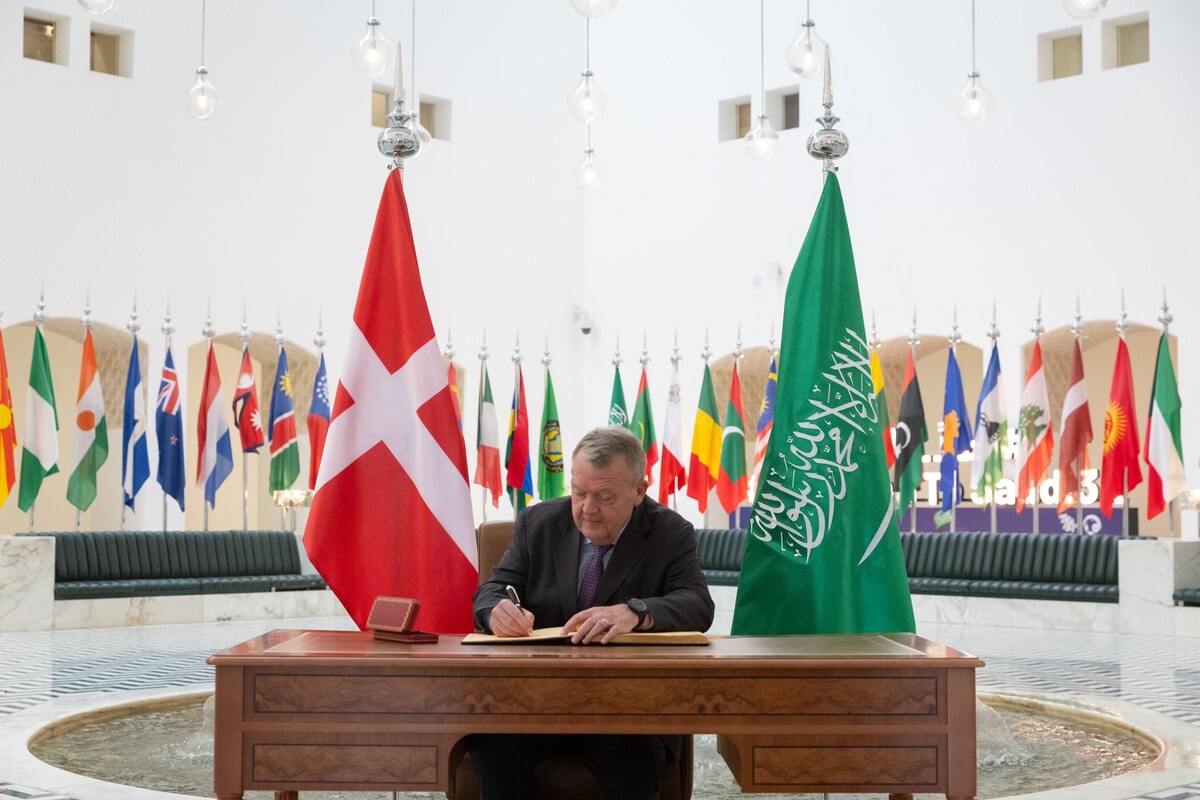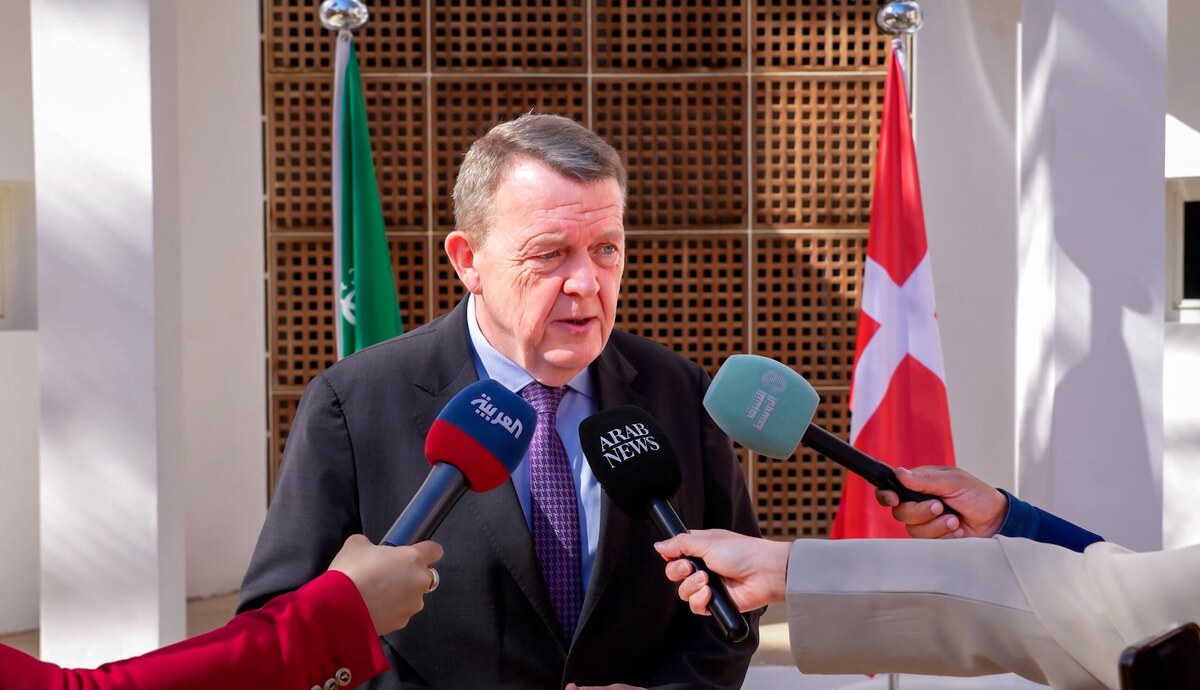RIYADH: Artificial intelligence is being used more effectively and efficiently to drive higher economic development in the media industry, said Martin Sorrell, founder and executive chairman of S4 Capital.
At a panel session at the Athar Festival of Creativity Sorrell described how media agencies, such as S4 Capital and its subsidiary, Media.Monks, are using AI in a number of ways.
One application of AI in media, he said, is in “speeding the execution of copywriting and visualization.”
Time to market is drastically decreasing: “What took us literally days is now taking us three hours,” he said. Yet this produces another problem because reducing the time of procurement cuts costs, but this also means it is necessary to move to a model that increases gains in outputs,” he said.
Another application is in personalizing content for consumers. Sorrell told Arab News: “Individualization, hyper personalization, are going to become more important. Knowing the consumer in excruciating detail, using data, using the signals from the platforms, using first-party data, it becomes even more important.”
Using Netflix audience feedback algorithms as an example, Sorrell pointed out that AI enables these algorithms to produce larger and more accurate quantities of output, for example, recommendations based on user profile readings.
“We charge on a per asset used basis. Price of the asset may come down, but total revenue grows because we’re using multiple assets,” he said.
A growing area is in “media planning and buying.” Sophisticated algorithms can far more efficiently choose the distribution of planning and buying than individual media planners.
Technological capital and human capital, however, go hand in hand.
“We as agencies have to validate the algorithm’s analysis. We have to make sure that the client’s money is spent in the right way.”
Another benefit of AI is its ability to improve organizational efficiency. Where organizational silos once kept departments and specializations separate, AI opens up information to the majority of users.
To maintain the emotional connection and trust of the brand-consumer relationship in a technologically driven world, according to Sorrell, understanding individual motivation is increasingly crucial.
“Insights into culture, insights into language, into custom, into belief, into family, into country, that knowledge becomes critically important, far more so in a globalized world,” he said.
The diversity and knowledge of global and local organizations are essential for the success of any company, but the value of personalization means that local knowledge may take the lead, he added.
Quoting Harvard Business School professor Ted Levitt, Sorrell continued: “because remember, consumers will consume everything in the same way everywhere.”
Advising young professionals in tech, media and other industries operating in an AI-powered future, Sorrell said that rather than stripping away opportunities from creatives, avoiding the risk of “bombarding” consumers with much of the same, AI means “creativity becomes even more important.”
Additionally, creatives need to familiarize themselves with the skills and roles that are complementary to the new world: “I think every creative should learn Chinese. I think every creative should learn Spanish, probably Arabic too … and they should learn code.”
“The skills of the ‘Mad Men’, that Don Draper had or his colleagues … are very different to what you need now.”




































